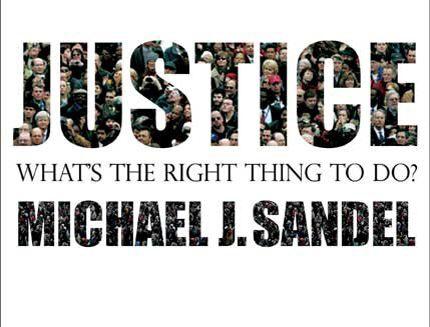I have a growing stack of books I haven’t found time to read. But here are some of the ones I’ve tackled in the last several weeks.
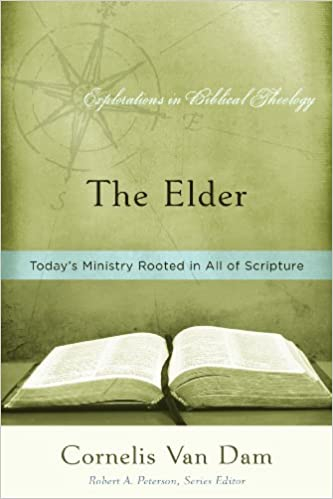
Cornelis Van Dam, The Elder: Today’s Ministry Rooted in All of Scripture (P&R, 2009). There are a number of good books on eldership that I’ve taken our men through over the years (e.g., Biblical Eldership, The Elder and His Work, The Shepherd Leader). I’ll definitely be adding this one to the list. It’s well ordered, comprehensive without being dense, and provides good summaries throughout the book. I’ll be using this book in the future and will recommend it often.

Daniel Taylor, Death Comes for the Deconstructionist (Slant, 2014). I don’t read much fiction, but I picked this up at John Piper’s recommendation. After 30 pages, I was hooked. This is a unique book—a murder mystery, a satire on the academy, and spiritual exploration of why we are the way we are. Parts of the storyline are dark, but that’s because human existence is sometimes dark. Enjoy the protagonist’s sister-sidekick; she’s a delight. This book will get you thinking and keep you reading. That’s pretty high praise.
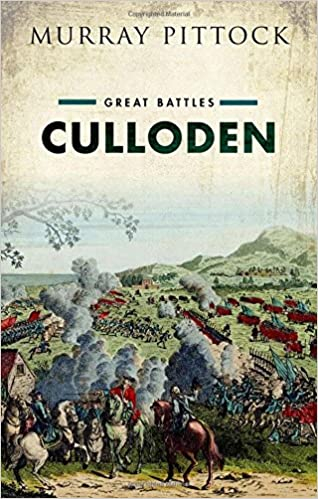
Murray Pittock, Great Battles: Culloden (Oxford, 2016). This is a great little book (less than 160 pages before the end notes) about the defeat of the Highlander army of Jacobite sympathizers at the hands of the British Regulars. What makes Pittock’s work stand out is how he looks as much at the reception of Culloden lore as he does at the battle itself. While he certainly understands the intricacies of regiments and troop movements, Pittock’s primary interest is in showing how Culloden—seen as the triumph of modern Enlightenment over backwater barbarism—came to shape British identity, even though many aspects of the traditional historiography are mistaken.
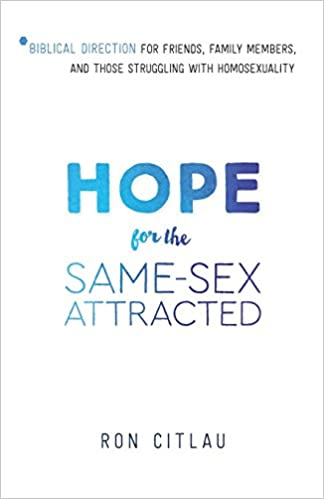
Ron Citlau, Hope for the Same-Sex Attracted (Bethany House, 2017). Ron is an pastor in the RCA, a courageous spokesman for biblical truth, and a good friend. He didn’t ask me to recommend this book, but I’m happy to do so. Let me mention a couple caveats first. One, Ron is more sympathetic to elements of the charismatic movement than I am. This shows up in a couple places in the book. Two, the chapter on the gift of Christian therapy raised some questions in my mind. If Ron and I were talking together, I’d ask him more questions about some of the ministries and approaches he recommends. Those caveats aside, this is an important book and a needed book. Ron writes as a pastor and as one who has struggled with same-sex attraction. His aim in this book is not to explore the biblical passages about homosexuality (he’s done that before and is thoroughly orthodox), but to help the honest struggler. To that end, he identifies three obstacles: gay Christian identity, gay marriage, and the spiritual friendship movement. Then, he identifies five gifts for these same brothers and sisters: the gift of the church, the gift of healing communities and Christian therapy, the gift of singleness, the gift of marriage, and the gift of prayerful lament. The chapters are short, accessible, and down to earth. Ron is to be commended for tackling so many thorny topics in one short, simple (in a good way) book.
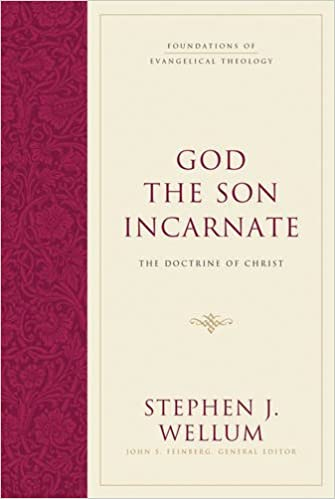
Stephen J. Wellum, God the Son Incarnate: The Doctrine of Christ (Crossway, 2016). An outstanding work of exegetical, historical, and theological exploration. For my part, I wouldn’t have framed the book with the philosophical category of “warranted” Christology, but this approach didn’t affect the book’s quality or its conclusions, both of which are excellent. Wellum is impressively conversant with exegetical nuances, patristic debates, and contemporary controversies (though I wonder if Wellum will reconsider his view of monogenes in light of Lee Irons’s new research). Wellum’s discussion of the extra calvinisticum and his trenchant critique of various kenotic theories were especially helpful. I also appreciated how he appropriated insights from David Wells’s neglected work. Most importantly, Wellum winsomely and persuasively defends a Christology “from above” that exalts Christ and builds upon the best aspects of the orthodox tradition. This is a terrific volume that will be read by pastors and students for many years—a great example of scholarship serving the church.



